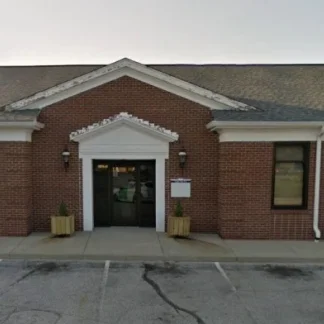Veteran Health Indiana - Richard L. Roudebush VA Medical Center
Richard L. Roudebush VA Medical Center is located in Indianapolis, Indiana. Rich...
Fall Creek Counseling is a non-profit rehab located in Indianapolis, Indiana. Fall Creek Counseling specializes in the treatment of alcoholism, drug addiction, mental health and substance abuse, and opioid addiction.
Contact us for more information: (317) 291-6360

Connect with Fall Creek Counseling by calling their admissions team directly.
(317) 291-6360 Website Get DirectionsThe Substance Abuse and Mental Health Services Administration (SAMHSA) is a branch of the U.S. Department of Health and Human Services. Established in 1992 by congress, SAMHSA's mission is to reduce the impact of substance abuse and mental illness on American's communities.
SAMHSA Listed: Yes
Group therapy is any therapeutic work that happens in a group (not one-on-one). There are a number of different group therapy modalities, including support groups, experiential therapy, psycho-education, and more. Group therapy involves treatment as well as processing interaction between group members.
Richard L. Roudebush VA Medical Center is located in Indianapolis, Indiana. Rich...
Indiana University Health is Indiana’s largest comprehensive health system and i...
Star Guides Wilderness is a private rehab located in Indianapolis, Indiana. Star...
Hickory House, located in Greenfield, Indiana, is a private drug and alcohol add...